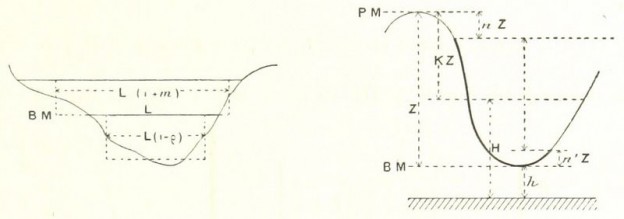What do historians need to do good digital research?
Well, they need skills that help them get at data, wrangle data (Open Refine perhaps), organise data (in machine readable, human readable, platform agnostic ways), chop up data (perhaps a splash of Unix), get that data into a form that tools for geo-referencing, text mining, topic modelling, network analysis, and the like can handle, can make best use of. They might even need to learn a bit of programming (there are some great Python tutorials over at Programming Historian), or at least develop a sense of what is made possible with code so that collaborations with developers are fruitful. A little CSS can be used to make pretty, meaningful, informative visualisations. Being a social scholar who fully exploits the affordances of the network, who understands open licensing, can open new perspectives, new communities. And, of course, there is always room for bit of theory around all of this doing, drawing lessons from – say – corpus linguistics, the voluminous history of humanities computing (yes, folks were doing this stuff before Tim Berners-Lee invented the web!), or recent texts on the Digital Humanities (current recommendation The Emergence of the Digital Humanities by Steven Jones.)
So historians need a lot, or – given that time is a premium – a sense of purpose when approaching the task, a good eye for what bits are most relevant to them and to their research, and means of filtering, of sharing the load (Twitter is a good place to start this.)
Read the whole thing here.

